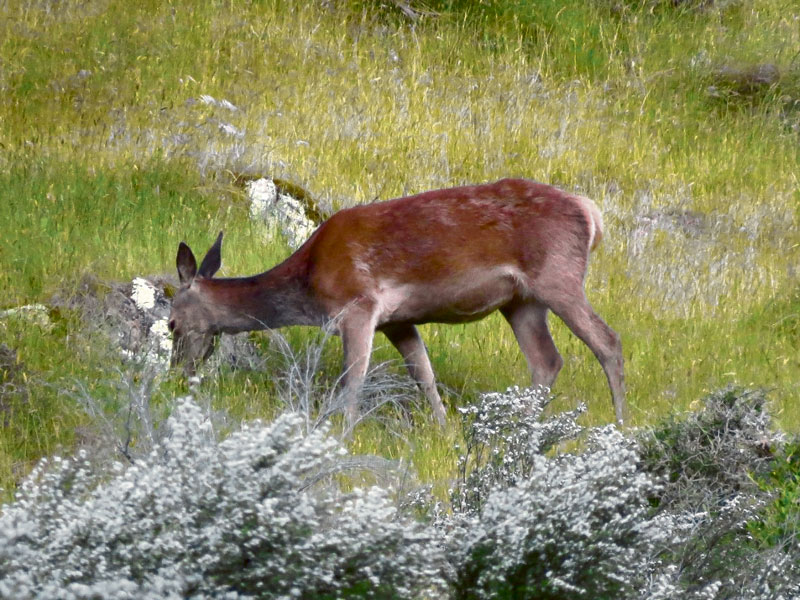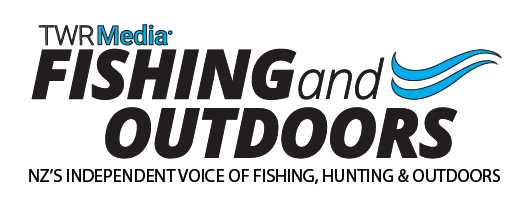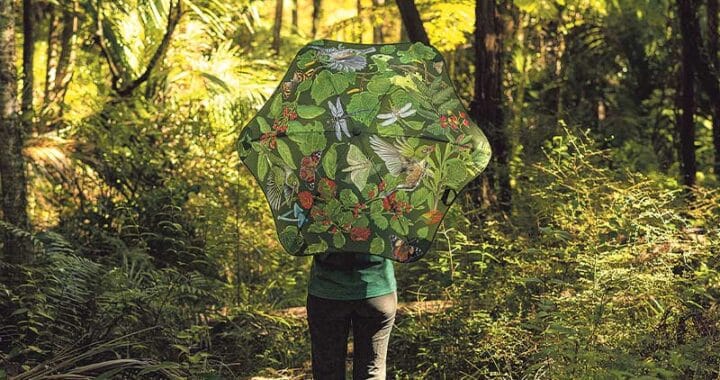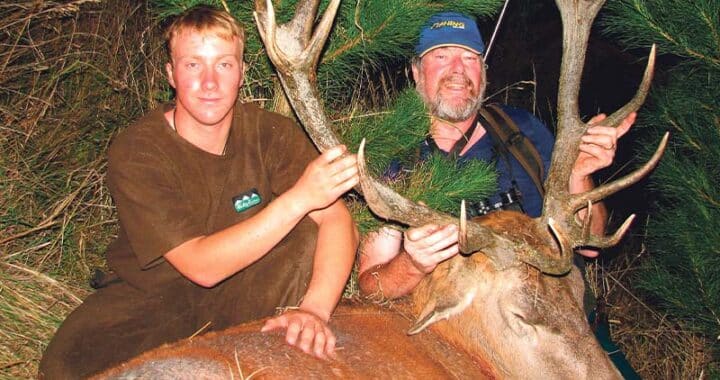Getting your first deer the right way
3 min read
Do not shoot a hind; she probably has a young fawn hidden nearby. Photo: Tony Orman
American hunting author Larry Weishuhn, in Pear Flat Philosophies, wrote, “Most people’s lives are filled with firsts – first day at school, first date, first kiss, first car – but for me perhaps none of my firsts were more important than my first whitetail deer.”
I don’t remember my first date at school; there were none. I was too busy playing tennis and rugby and fishing and hunting rabbits. I left school dateless but with a burgeoning addiction to fishing and hunting.
I was in my late teens, from Wellington, and was always accompanied by one of four or five hunting buddies from the public service hostel.
We would venture into the Tararua Ranges for weekends, and it was a cold winter’s day in the Tararua Range when I shot my first deer. To the true hunter, the memory of one’s first deer is always indelible.
For me, it was a dull, murky day, Queen’s Birthday weekend, probably about 1956 – the year the South African Springboks came to New Zealand to battle with the All Blacks. It was a foul day and with the Mt Holdsworth tops shrouded in cloud and lashed by snow and sleet, we dropped down a track that led to a creek.
We went upstream through the damp river flats with mossy logs lying under the trees and noisily through clumps of crown fern. Suddenly, two reddish-brown animals were before me. I squeezed off a shot. I had my first deer. That was a fluke. We really did not know much; utter greenhorns. We just blundered along with no clear plan, keen as mustard but quick to learn from mistakes.
Summer is a good time for a tyro budding hunter to bag their first deer. But care is needed. The reason for is during November and December, a hind or doe gives birth to a fawn. Shortly before giving birth to the fawn, the pregnant hind usually chases away last year’s youngster, now about a year old. During that early period on its own, the young, naive deer is relatively easy to hunt.
Spikers – rising two-year-old deer growing their first antlers – are also likely to be available. They, too, have not fully developed adult cunning and are often ideal to take as a first deer.
Always remember: do not shoot a hind for, without the mother, the newly born fawn will die slowly of starvation. A young animal, like a yearling or spiker, will provide the most tender venison.
I have some reservations about shooting a spiker because if there are quality stags about as the sire, then the spiker may one day be equal to the quality of its father.
Best for a young hunter is to seek good advice and preferably be guided on a hunt for the first deer. Perhaps do a HUNTS (The Hunter National Training Scheme) course at the local NZDA branch. You will meet lots of other hunters including expert instructors.
More importantly, there will be thorough training in firearm safety. Go about it the right way. Spotlighting is a poor way to bag your first deer. But a stalk and well-placed shot is.
Try to enlist the help of an experienced hunter. Remember, though, if that experienced hunter takes you to one of their hunting spots to get your first deer, it is wrong to sneak back afterwards.
Be patient. If you do not see the right animal to take, be content to wait for another day.
Top tips for hunting
Here are some of the top tips to keep in mind before your first hunt:
- Have a gear list handy and make sure to carry everything in the list
- Always remember to have an altnerative communication device, as your mobile phone may not work in the backcountry. You can opt for mountain radios, satellite messenger devices, and satellite phones.
- If you are hunting with a firearm, you must hold a current New Zealand firearms license, follow every part of the Arms Code, and follow the seven basic rules of firearm safety (more information on mountainsafey.co.nz)
- Always get a permit and abide by its conditions
- Remove rubbish
- Keep lakes and streams clean
- Plan and prepare your hunt
- Properly dispose of animal waste; offal and carcasses must not be left behind
- If you are hunting with dogs, follow all the rules and check which hunting blocks allow dogs.



